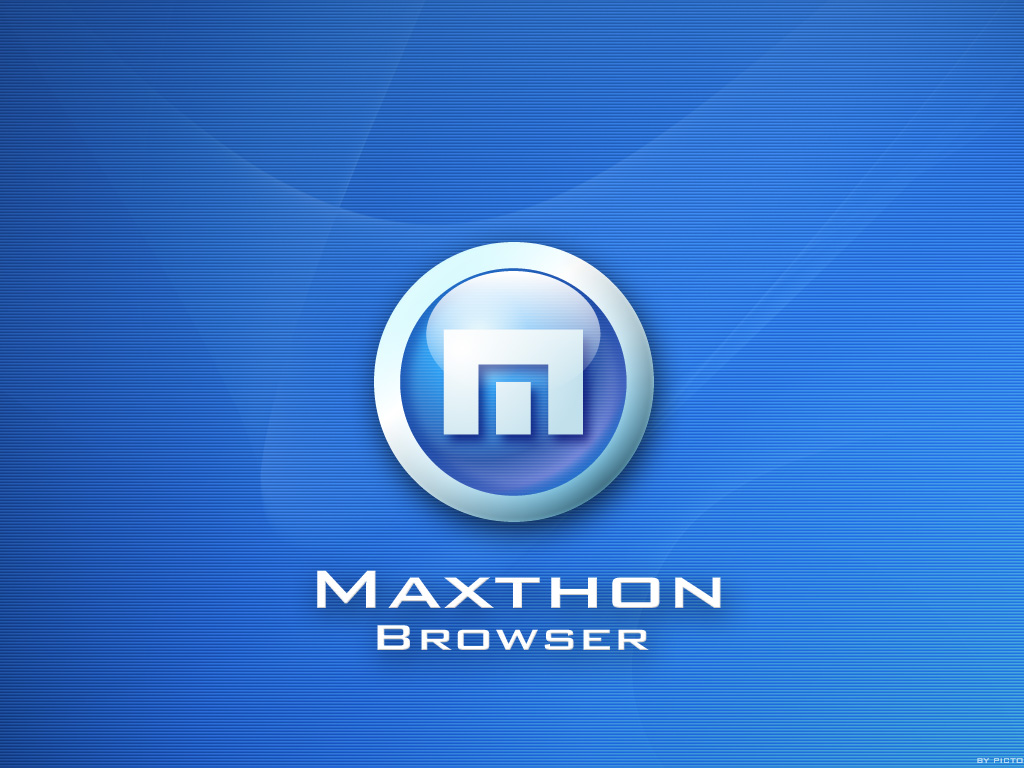The Differences Between Browsers and Navigators
Friday, July 29, 2011
There is no difference between an Internet browser and navigator. They are one in the same and used synonymously to describe the same kind of software. However, "browser" is the most commonly used term today to describe the software that connects with and communicates on the Internet. The term "navigator" originated from Netscape Navigator, favored in the mid-1990s, but its function mirrored what we refer to today simply as a browser.
Background
In 1994, James H. Clark and Marc Andreessen founded Netscape. The company, officially called Netscape Communications Corporation, offered the Netscape Navigator Web browser free of charge, resulting in the acquisition of a majority of the market share for Web browser software. Microsoft utilized this successful strategy as well, with its free Web browser, Internet Explorer. In 1999, AOL acquired the Netscape Corporation.
Browsers
According to Indiana University's Information Technology Services, a browser, comprised of a type of software, translates Internet data into the image shown on the computer screen. Browsers connect to the Internet through a modem, a wide area network, wirelessly or through a local area network, and communicate with the Internet. The user is able to access Web pages and files, as well as download files from the Internet. Web browsers communicate with websites all over the world and store the accessed information in a computer's memory as "cookies", "cache" and "history." This allows the browser to recall previously accessed information without the user having to search for the information again.
Choosing a Browser
Fundamentally, all Web browsers offer the same basic functions. However, the layout, design and organization differs substantially. The user should be aware that some browsers communicate and perform better with certain website applications than others. Web browsers include Mozilla Firefox, Apple Safari, Microsoft Internet Explorer, Google Chrome, Opera, Avant and Maxthon. In choosing a Web browser, keep in mind the type of operating system your computer uses such as Windows Vista, Windows XP, Windows 7 or Mac, security programs such as antivirus or spyware, speed, technical support and the features it offers in terms of layout, design and organization of files (see Resources).
Popularity of the Internet
Information, documents, files, newspapers, magazines, pictures, video and even television shows are accessible on the Internet. The traditional way of accessing information has given way to the information highway via the World Wide Web. Internet marketing is a booming business and many companies utilize the Internet to grow their companies or exist solely as an Internet-based business. The Internet has revolutionized the way the world accesses and uses information, enabling the user to find and learn about nearly anything. But the reality is that the information transformation has just begun.
Read more: http://goo.gl/UvQBN Read more...


